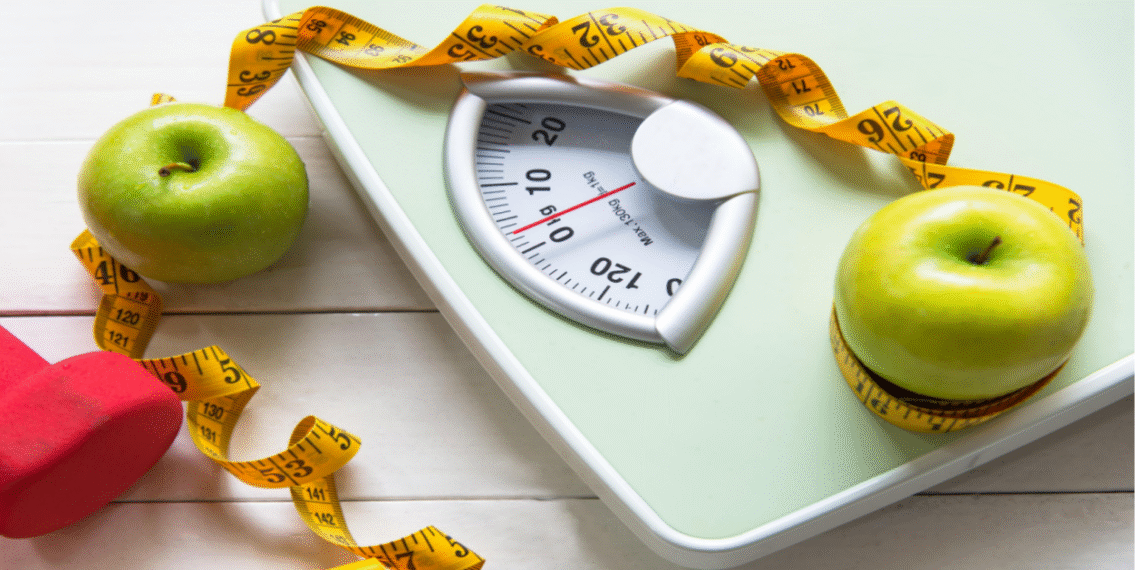In today’s fast-paced world, the obsession with instant results has pushed many people to seek quick fixes for their body goals. Among these, crash diets have gained alarming popularity. Social media platforms are flooded with “lose 10 pounds in 7 days” or “detox in 5 days” challenges, promising miraculous transformations in a short time. These trends, though seemingly harmless, can lead to serious health complications. The human body is a complex system that requires balance, and when that balance is disturbed by sudden and extreme dietary restrictions, it responds with warning signals that can’t be ignored. Crash dieting might appear to offer fast weight loss, but beneath the surface, it sets off a series of damaging effects that can harm physical health, mental well-being, and long-term lifestyle stability.
A crash diet typically involves drastically reducing calorie intake, sometimes to as low as 500–800 calories per day, often combined with detox drinks, supplements, or meal replacements. Such extreme methods may lead to rapid water loss rather than fat loss, creating a false illusion of success. What many people fail to realize is that the human body requires a minimum amount of calories and nutrients to perform basic functions such as breathing, blood circulation, cell repair, and hormone regulation. When deprived of these essential nutrients, the body shifts into survival mode, slowing down metabolism to conserve energy. This results in fatigue, dizziness, irritability, and weakness, making it impossible to sustain daily activities efficiently.
Another hidden consequence of crash diets is muscle loss. When the body doesn’t receive enough carbohydrates or proteins, it starts breaking down muscle tissue to use as an energy source. This not only reduces overall muscle mass but also lowers the body’s metabolic rate, making it even harder to maintain or lose weight in the future. People who participate in extreme weight loss challenges often find themselves regaining the lost weight as soon as they return to normal eating habits. This yo-yo effect of losing and regaining weight puts immense stress on the cardiovascular system and increases the risk of chronic conditions such as hypertension, diabetes, and heart disease.
Crash diets also wreak havoc on the digestive system. The sudden reduction in food intake limits fiber consumption, leading to constipation and bloating. The body becomes deprived of essential vitamins and minerals like potassium, magnesium, and calcium, which play vital roles in maintaining bone health, nerve function, and hydration. Electrolyte imbalances can cause severe dehydration, irregular heartbeat, and in extreme cases, hospitalization. People who follow detox diets that rely on liquid-only meals or juice cleanses often suffer from nausea, headaches, and nutrient deficiencies, even though they might believe they are cleansing their system.
Another dangerous outcome of these rapid weight loss trends is the negative effect on mental health. Social media challenges create unrealistic body standards that pressure individuals into believing that thinner always means healthier. The constant exposure to “before and after” transformation photos can trigger anxiety, body dissatisfaction, and low self-esteem. Crash diets often lead to mood swings due to hormonal imbalances caused by inadequate nutrition. When the body doesn’t get enough glucose, the brain struggles to function properly, leading to irritability, poor concentration, and in some cases, depression. The temporary satisfaction of seeing a smaller number on the scale quickly fades when energy levels crash and emotional exhaustion sets in.
Hormonal imbalance is another serious concern linked to crash dieting. When the body experiences extreme calorie restriction, it reduces the production of key hormones like leptin and ghrelin, which regulate hunger and satiety. This makes it difficult to control appetite once normal eating resumes, resulting in overeating and weight regain. In women, these hormonal shifts can also disrupt menstrual cycles, cause fertility issues, and lead to long-term reproductive health problems. Men may experience a decline in testosterone levels, leading to fatigue, muscle loss, and reduced motivation.
The liver and kidneys, responsible for detoxifying and filtering waste, also come under strain during crash diets. Detox teas and fat-burning drinks promoted on social media often contain diuretics and laxatives that can cause dehydration and electrolyte imbalance. Over time, this can lead to kidney damage and liver stress. Additionally, the lack of sufficient protein during these diets forces the liver to work harder to produce glucose from non-carbohydrate sources, further burdening the organ and impairing its normal function.
One of the most misleading aspects of crash diets is that they appear to work in the short term. People may notice their clothes fitting looser or the scale dropping significantly, but most of that initial weight loss is water and glycogen depletion, not actual fat loss. As soon as normal eating patterns return, the body replenishes its glycogen stores, and the lost weight returns, often with additional pounds. This repeated cycle of losing and regaining weight not only disrupts metabolism but also increases fat accumulation, particularly around the abdomen, which is closely linked to cardiovascular risks.
Sustainable weight management requires a healthy balance between nutrition, physical activity, and mental well-being. Crash diets completely ignore this balance, prioritizing short-term results over long-term health. The body needs a gradual and steady approach to weight loss—ideally 1 to 2 pounds per week—supported by nutrient-rich foods, hydration, and regular exercise. Whole grains, lean proteins, fruits, vegetables, and healthy fats should form the foundation of a balanced diet. Unlike crash diets, this approach ensures that the body receives adequate fuel to maintain muscle mass, strengthen immunity, and support organ function.
Moreover, healthy lifestyle habits go beyond what we eat. Proper sleep, stress management, and regular exercise are equally important in maintaining a healthy metabolism. When people starve themselves to lose weight quickly, their sleep patterns are disrupted, and stress hormones like cortisol rise. Elevated cortisol levels encourage fat storage, especially in the abdominal area, which counteracts the very purpose of dieting. This creates a vicious cycle of restriction, stress, and rebound weight gain, ultimately damaging the person’s relationship with food and body image.
The role of social media in promoting dangerous diet trends cannot be ignored. Platforms like Facebook, Instagram, and TikTok are filled with influencers showcasing their “miraculous” 5-day transformations, often without revealing the health risks or medical complications involved. These posts can be misleading and dangerous, especially for young people who may be tempted to imitate them without understanding the science behind healthy weight management. The pursuit of fast results often leads to unhealthy eating patterns such as skipping meals, excessive fasting, or relying solely on juices or teas. Over time, these behaviors can develop into eating disorders, which are far more harmful and difficult to reverse.
It’s essential to remember that weight loss should not come at the cost of overall health. The goal of a healthy lifestyle is to create sustainable habits that improve both physical and mental well-being. Crash diets might promise a slimmer body in a week, but they take away far more than they give—energy, vitality, and long-term health. The body thrives on balance, and the key to maintaining a healthy weight lies in understanding that true wellness is a gradual process. Consistency, patience, and self-care are far more effective than any quick-fix challenge seen online.
The trend of crash diets and rapid weight loss challenges seen on Facebook and other social media platforms is not only misleading but also dangerous. Losing too much weight in a few days may seem exciting, but the hidden cost is immense. From nutrient deficiencies and muscle loss to hormonal imbalances and psychological stress, the consequences of these extreme diets can last far beyond the short period of restriction. A healthy lifestyle is built through mindful eating, regular physical activity, proper hydration, and emotional well-being—not starvation or unrealistic goals. Before following any “7-day challenge,” it’s important to ask whether the temporary results are worth the long-term harm. Sustainable health requires time, effort, and care—something no crash diet can ever provide.
















